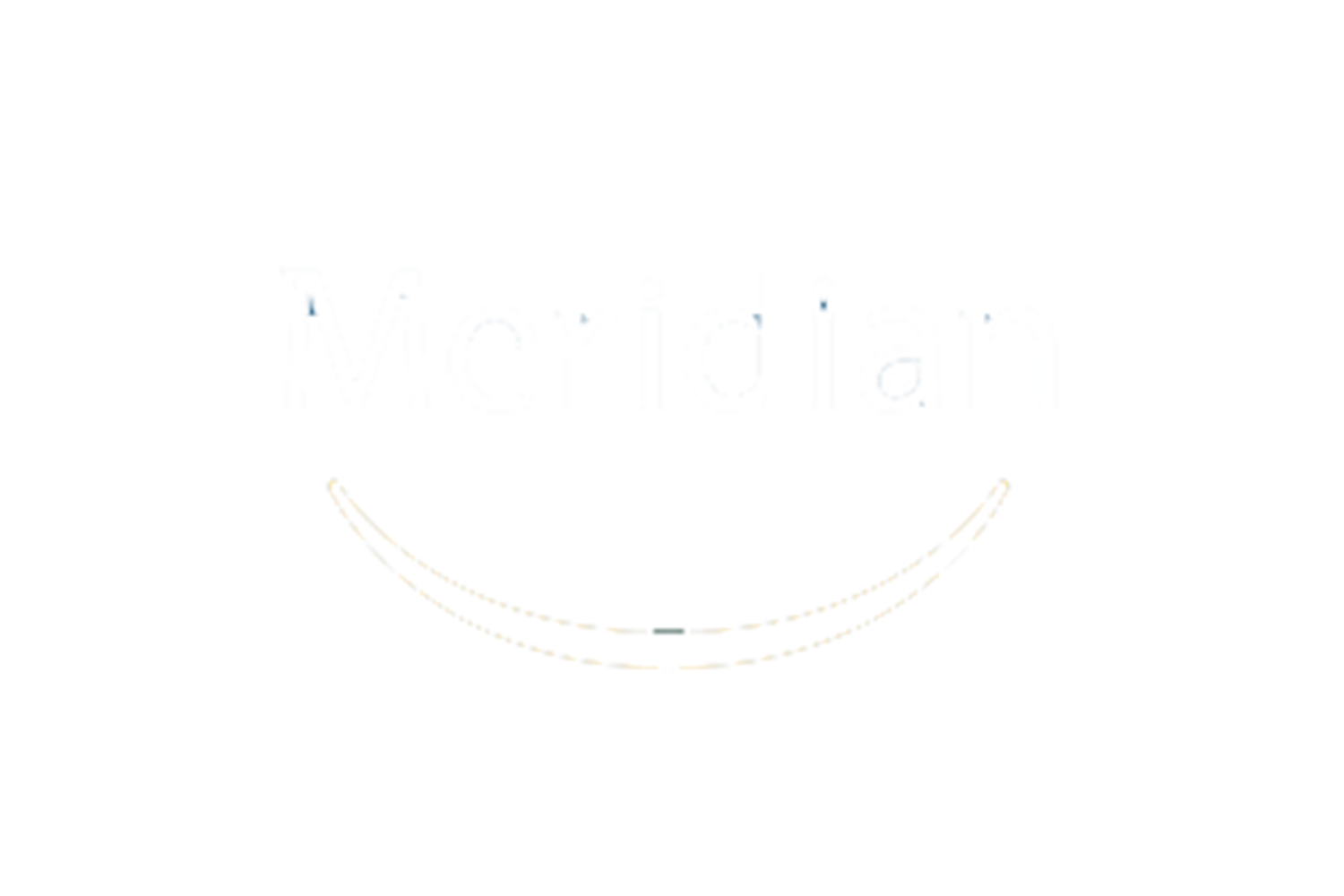

A friend of my family passed away recently. After a long life of family, travel, community service, and professional success, a true gentleman called it a day.
The world was better with him around. One of 11 children from a prairie farm, my friend worked his way to the top of his industry. He didn’t have family connections or educational credentials paving his way. Instead, hard work, character, and curiosity about people made the difference. Career trajectories like this one illustrate the power of incremental improvement consistently applied.
Consistent, incremental improvement. What does that really mean? How does it take form? What does it look like day to day?
I never thought to ask my friend how he facilitated progress. I wonder what he would think of my Daily Questions spreadsheet, the tracking tool made popular by executive coach Marshall Goldsmith. A counsellor to elite leaders in a variety of fields, Goldsmith recommends asking yourself a personalized series of questions focused on day-to-day behaviour and performance.
I’ve asked myself my daily questions for a few months and love the process. The technique compels me to take things one day at a time, rather than feeling overwhelmed by long-term progress. The check-ins also force me to confront how I live my values every day. I either believe something matters and take action, or I don’t. Inaction screams the truth about what really matters to me.
Core Values
Everyone’s list is different, but Goldsmith recommends beginning with the six questions his research associates with higher satisfaction with life:
On a scale of 1 to 10, did I do my best to:
- Be happy?
- Find meaning?
- Build positive relationships?
- Be fully engaged?
- Set clear goals?
- Make progress toward goal achievement?
Before you balk at the happiness question (as I did initially), give it a chance. When we aren’t happy, we tend to blame others and our circumstances. If I answer this question honestly, however, I am reminded that my 99% of contentment is in my own hands. After all, with a beautiful family, good health, interesting work and no boss, I should be tap-dancing. If I’m not, it’s probably my own doing.
Board work
Turning to my board service and consulting work, I assess whether I did my best to:
- Learn something new?
- Connect with people outside my usual working relationships?
- Develop new content that serves others?
- Support someone else’s career?
Constructive Behaviours
Next, I dig a little deeper on key behaviours, testing whether I did my best to:
- Be grateful for what I have?
- Respond, rather than react?
- Avoid trying to prove I’m right when it’s not worth it?
- Avoid angry or destructive comments about others?
Personal Priorities
On a more personal level, I close by exploring my health and relationships, asking whether I did my best to:
- Do something nice for my husband?
- Spend time with my children?
- Complete my scheduled run and strength training?
- Meditate?
- Get a good night’s sleep?
- Have a healthy diet?
As we look towards 2017, I hope you’ll try this technique in your own life and work. First, draft your own list of questions that reflect your values and priorities. Create a simple Excel spreadsheet containing the questions and seven boxes across, one for every day of the week. Answer the questions each night and create a report card at the end of the week.
I’d love to hear how it works for you.
Thank you for reading! If you found this post useful, please click the “like” button on LinkedIn and/or share it with others in your network. Doing so helps my work reach others and would mean so much to me.








